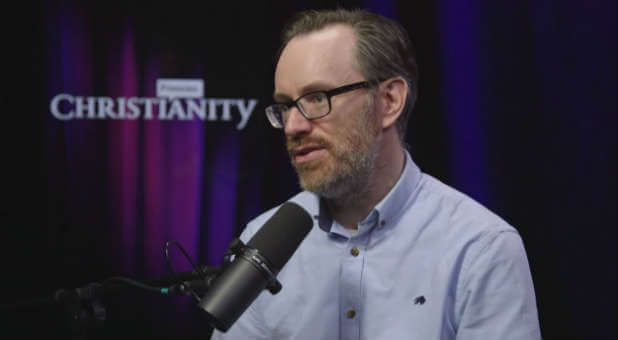James Cary, an award-winning British television writer, says that the sitcom formula is intrinsically Judeo-Christian and functions like the parables of Jesus. But he also warned that the reason modern sitcoms have grown worse in recent years is because they have abandoned this ethical framework.
During an interview with Premier Christianity’s Sam Hailes, Cary pointed out that sitcoms are based on consequences and morals.
“You’re always showing that moral choices have consequences,” Cary says. “You distort and you change them and you abbreviate some and you extend others. But that’s what parables are. They don’t tell the whole story. They’re just telling a snapshot. They’re telling one angle of a story. So sitcoms are kind of compressed versions of reality.
“We know that if Miranda, say, tells a lie at the beginning of the show, that that lie is going to have to be exposed at some point, and the consequences will come out and she will suffer the consequences for lying. If somebody is proud in a show, then we know that they are going to be humbled. And that is a cathartic thing that I’m in favor of. And I think sitcom does that very well. They are little morality tales … that follow that Judeo-Christian pattern.”
Because of this structure, he believes that even when Christians are not employed on a production, many sitcoms still promote Christian values at the core—albeit imperfectly.
“The classics remain classics because they’re written with that in mind—even though there are always mixed messages and they’re not written by Christian or performed by Christians,” Cary says. “I think within that traditional form of storytelling, it has come from a Judeo-Christian culture.”
He also cautioned that current trends in comedy toward deconstruction and immorality have gone away from this historic trend. But he believes audiences ultimately reject these shows, even if critics praise them.
“I think there are lots of comedies now which kind of don’t do that—and they tend not to rate very well,” Cary says. “They tend to critically do well because they seem very strange and challenging, but ultimately there is a nihilism at the heart of them which isn’t terribly funny because it’s not very rewarding.”
Click here to watch the full interview.
























